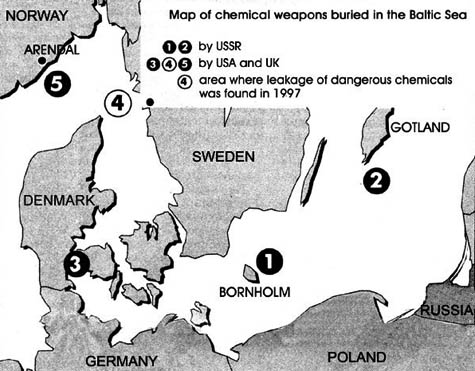
The Polish-Swedish Agreement on locating a Swedish consular officer in the premises of the Consulate General of the Republic of Poland in Kaliningrad was signed on 18 December 2009. The contracting parties are the Ministry of Foreign Affairs of the Republic of Poland and the Government Offices of Sweden (Foreign Ministry). The Agreement was signed by MFA Director-General Rafał Wiśniewski and the Swedish Ambassador to Warsaw Dag Hartelius.
Under Visa Code, which comes into effect on 5 April 2010, the Schengen states will be represented in terms of visa issuing in all third countries whose nationals are required to have visas on crossing external borders. However, due to financial constraints many EU Member States have closed a number of their diplomatic posts. This situation creates an incentive to tighten consular cooperation between the EU Member States. Such cooperation can be ensured either by means of visa representation, i.e. issuing visas on behalf of a Member State with no diplomatic post in a given country, or by allocation, i.e. locating a consul in the premises of a diplomatic post or a consular office of another Member State.
With no diplomatic posts in many African and South American countries, Poland is greatly interested in developing such cooperation by means of the vast network of EU diplomatic posts in these regions. In return, Poland is ready to offer similar assistance in the regions where its diplomatic posts are the most numerous, e.g. in Eastern Europe and Central Asia.

A Brussels meeting of heads of consular services was organized in September 2009 on Foreign Minister Radosław Sikorski’s initiative. The meeting addressed possible forms of representation and allocation and resulted in a number of common assignments currently under preparation.
The Agreement on locating a Swedish consular officer in the Polish Consulate in Kaliningrad is the first one in a series of agreements on consular cooperation. In the near future Poland will sign agreements on visa representation with Sweden and then with Finland, the Netherlands, Estonia, Hungary, France, Slovakia, Greece, Switzerland and Belgium. Work on common consular posts is also underway within the Visegrad Group.























